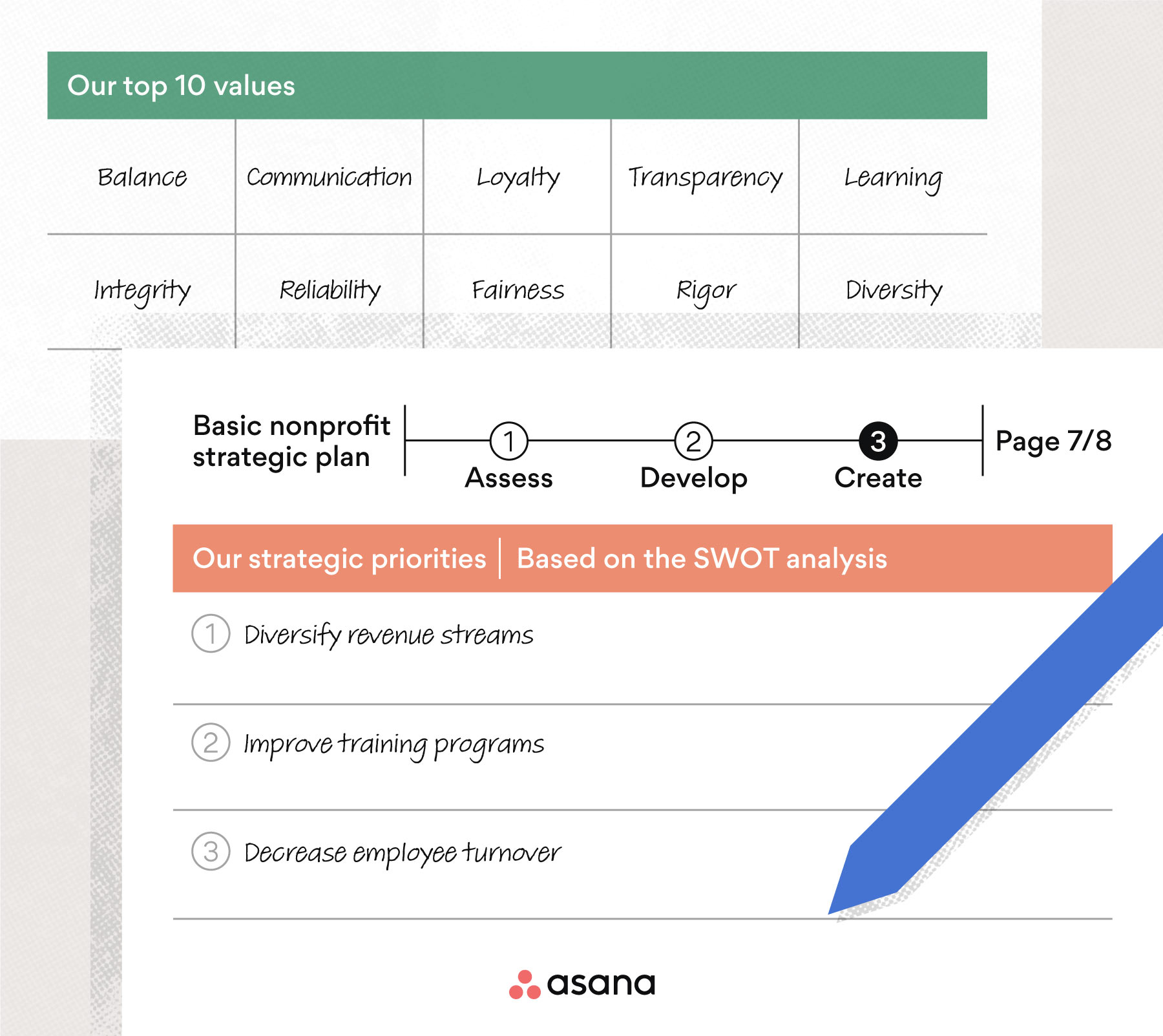
If you're looking to pursue a career within consulting, Deloitte might be the company for you. The company has a solid resume, a well-established industry reputation, and strong training policies. All employees have the right of annual training related to their project or service line. There is also plenty of opportunity for professional growth. Excellent job security is another benefit.
MBAs earn high salaries
MBAs interested in a career in consulting should keep in mind that Deloitte's salary ranges widely, depending on the type of role and the firm. Deloitte can offer MBAs up-to $135,000 plus bonuses upto $70,000. Project leaders can earn as high as $175,000, and up to $80,000 in performance bonus. MBAs might also be eligible to participate in profit sharing.
The salary ranges between US$160,000 to US$220,000. Some MBAs make more than $220,000. There are offices in over 100 countries, and the company has a global presence that covers all industries and sectors. MBAs working for this firm can expect to be rewarded with bonuses that are on par with their competitors.

salaries for directors of finance
Directors of finance at Deloitte are paid an average of $114,034 per year, which is higher than the national average. Although the job demands a high level of business ethics and knowledge of the financial sector, the compensation is surprisingly attractive compared to other firms.
You can reach the top of the company's ladder by following a well-defined career path at Deloitte. You will usually start as a junior analysts position, progressing to the consultant, manager, or senior manager level. You will eventually become an associate. It can take you a couple of promotion cycles and two to four years to reach the partner level.
Salary levels vary by location, but they typically fall in the middle to upper range. New York City, London, and London are both notoriously high in living costs. The latter is less expensive than NYC, but apartment rentals are significantly higher. Therefore, your salary will be higher in New York City.
salaries for solution consultants
The salary for solution consultants at Deloitte can vary widely but it is usually around Rs 13.7 to Rs 20.8 LPA each year. Salaries for solution consultants are determined through a survey of more than 25 employees at Deloitte. However, if you have more years of experience, the salary could be higher.

An average Deloitte solution consultant earns $88,910 per year, but salaries can vary depending on the company. The average annual salary for a Managing Director in Consulting is $261,487. A Staff Accountant makes a median $52,818 annually. Despite the high cost-of-living, the US pays a better salary than the UK.
Salary depends on your experience, where you live, and what expertise you have. Deloitte's business consultants usually have an MBA degree. BBA graduates can apply for entry-level trainee jobs. This group is responsible for creating breakthrough ideas in new areas and driving revenue for their clients.
FAQ
What skills do I need for consulting?
As a consultant, you should have both strong interpersonal skills and analytical skills. This is essential because you will be working on projects that you don't know the details of. You need to be able to manage people quickly and solve problems efficiently.
A strong communication skill is also necessary. Most clients expect a reply within 24 hours. They assume that you won't respond if they don't hear from them within 24 hours. It is vital to inform them and make sure that they are fully informed.
What is the difference between consulting and freelancing?
Freelancers are individuals who work for themselves and offer their services to clients. They generally charge an hourly rate depending on how long they spend on a client project. Consultants often work for companies or agencies that employ them. Their salaries are often paid monthly, or annually.
Freelancers tend to have more flexibility than consultants because they control their work hours and set their own prices. However, consultants often have better benefits, such as health insurance, vacation days, sick leave, retirement plans, etc.
How do I get clients to my consulting business?
First, find a subject you're passionate about. It could be anything from social media to public relations, but there must be something you feel strongly about. If this is the case, it may be worth starting small by focusing on a niche market such web design. Once you've found this niche, make sure you understand what makes it tick. What problems does it solve Why should people use this? How can you help them?
You can also try approaching businesses directly - perhaps they need someone who understands SEO or content creation, or maybe they just want to know where to go for advice on social media strategy.
If all else fails, why not offer your services at free events like networking evenings and conferences? You will meet potential customers and be able show your skills without having to spend money advertising.
What is a consultant?
Consultants are those who offer services to other people. It's not a job title. A consultant is a role that helps others achieve their goals. This involves helping them to understand their choices and making the right choices.
Consultants are experts at finding solutions to problems and challenges that arise when working on projects. They can provide guidance and advice on how to implement the solutions.
A consultant should be able to answer questions about anything related to business, technology, finance, law, management, leadership, strategy, operations, customer service, human resources, etc.
How do I set up an LLC to consult?
It is important to first decide what you want as a service provider. Then, make sure that you are qualified for these services. It may be a good idea to seek out someone who offers the services you need and observe their work.
Once you have an idea of the content you want, you can then determine where your target audience is. If they don't exist, you might have to make them.
You then have to decide whether or not you want to open your own company, or hire other people to do it.
The state may also permit you to open your own consulting company. However, it requires some paperwork and fees.
What are the advantages of being a consultant?
As a consultant, you can usually choose when you work and what you work on.
This means that you are able to work from wherever you're at any time.
You can also easily change your mind, without worrying about losing any money.
Finally, your income can be controlled and you can set your own hours.
Why would a company employ a consultant to help them?
A consultant provides expert advice on how to improve business performance. They are not there to sell you products.
A consultant is a person who helps companies make better choices by providing sound analysis, and making recommendations for improvement.
Consultants often work closely with senior management teams to help them understand what they need to do to succeed.
They offer leadership coaching and training to help employees reach their full potential.
They might advise businesses on how to reduce costs, streamline processes, or increase efficiency.
Statistics
- So, if you help your clients increase their sales by 33%, then use a word like “revolution” instead of “increase.” (consultingsuccess.com)
- Over 50% of consultants get their first consulting client through a referral from their network. (consultingsuccess.com)
- My 10 years of experience and 6-step program have helped over 20 clients boost their sales by an average of 33% in 6 months. (consultingsuccess.com)
- According to IBISWorld, revenues in the consulting industry will exceed $261 billion in 2020. (nerdwallet.com)
- On average, your program increases the sales team's performance by 33%. (consultingsuccess.com)
External Links
How To
What does a typical day look like for a consultant?
Depending on what type of work you do, your typical day may vary. However, the majority of your day will consist of research and planning, meeting clients and preparing reports.
Clients will often meet with you to discuss their problems. These meetings can be conducted over the phone, by email, face-to-face, or online.
It is possible that you will be asked to write proposals. These documents outline your ideas and plans, and are required by clients. You will need to discuss these proposals with a mentor or colleague before you present them to clients.
After all the preparation, you'll need to start creating content. You might be creating articles, videos, editing photos, writing interviews, or designing websites.
It depends on the project's scope, you might need to do some research to collect relevant statistics. For example, you may need to find out how many customers you have and whether they are buying more than one product or service.
Once you have collected enough information, it's now time to present the findings to your clients. You may give your findings orally or in written form.
Finally, you must follow up with clients after the initial consultation. For example, you could call your clients periodically to check how things are going. Or send them emails asking them to confirm they have received the proposal.
This process takes time, but it's important to ensure that you stay focused and maintain good relationships with clients.